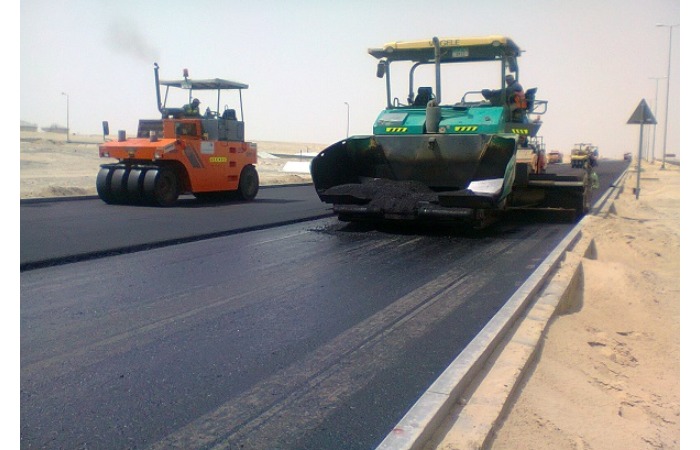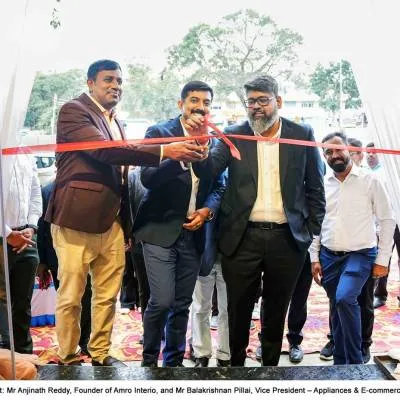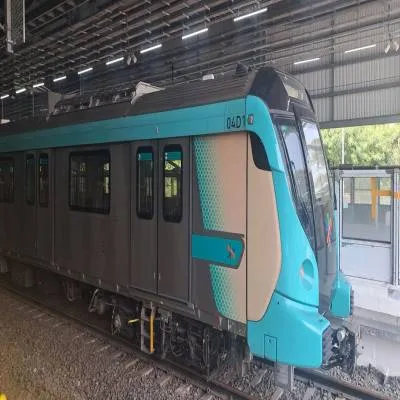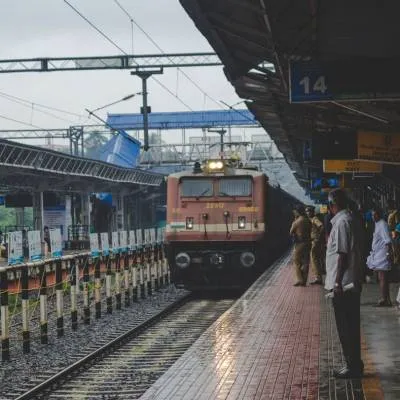Schedule a Call Back
MoRTH to Frame IRC Norms for New-Age Machines in Highway Work
2025-06-28

The Ministry of Road Transport and Highways (MoRTH) has decided to formally adopt Automated and Intelligent Machine-aided Construction (AIMC) for highway projects, aiming to accelerate execution and ensure timely completion. In line with this, MoRTH announced that the Indian Roads Congress (IRC) will develop new guidelines based on feedback from contractors and concessionaires actively involved in these projects.
So far, MoRTH has sanctioned at least 16 highway projects where innovative construction equipment will be deployed. Additionally, the ministry is awaiting Cabinet approval for 10 more projects planned under the AIMC initiative.
“Over the past decade, the expansion of India’s national highway network—including Greenfield and Brownfield corridors—has involved high embankments and extensive earthworks. This necessitates advanced technologies like AIMC to ensure efficiency and quality,” officials stated.
The ministry’s decision follows the successful evaluation of AIMC technologies during a pilot run on the Lucknow–Kanpur Expressway. GPS-enabled motor graders, intelligent compactors, and stringless pavers were used during the project, demonstrating improved outcomes. Stakeholder feedback and global best practices also informed the ministry’s decision.
To support AIMC deployment, MoRTH is also coordinating with the Department of Telecommunications (DoT) to facilitate necessary radio frequency licenses for contractors and concessionaires using such equipment.
The list of AIMC-sanctioned projects includes:
• Western Bypass, Gwalior (29 km)
• 6-lane Greenfield Ludhiana Bypass (25 km)
• Deoghar Bypass (49 km)
• Shillong–Silchar Corridor (167 km)
• Vrindavan Bypass (15 km)
• Patna–Arrah–Sasaram Highway in Bihar (125 km)
Projects currently submitted for Cabinet approval include:
• Satellite Township Ring Road (STRR), Bengaluru, Karnataka (144 km)
• Badvel–Nellore Corridor, Andhra Pradesh (108 km)
• 4-lane Sirhind–Sehna section of NH-205AG, Punjab (107 km)
• Nashik–Ahmednagar–Solapur–Akkalkot segment of the Surat–Chennai Expressway (374 km)
In December, MoRTH invited feedback from state PWDs, road construction agencies, and other stakeholders on the adoption of AIMC to shape the forthcoming IRC guidelines.
The ministry expects that AIMC will bring significant benefits—enhanced adherence to design specifications, better ride quality, longer durability, reduced material wastage, increased productivity, real-time documentation, improved transparency, and lower human intervention.


Subscribe Now
Subscribe to our Newsletter & Stay updated
RECENT POSTS
Popular Tags
Folliow us
Related Stories
Sustainability is integral to our global and India roadmap
Vinay Balakrishnan, General Manager, Trelleborg Sealing Solutions India, speaks on the key trends shaping product development and market s...
We aim to deepen collaborations with OEMs
Chandrasekar Krishnamurthy, Global Director of Product Management, BorgWarner, discusses the company’s expanding footprint in India and ...
Engineering the Unseen
On a bustling construction site, the spotlight usually falls on towering cranes, massive excavators and earthmovers carving through rock and soil...











